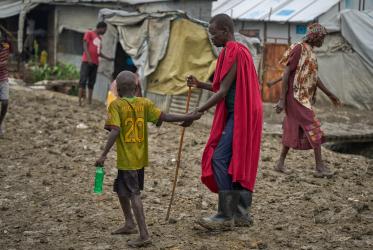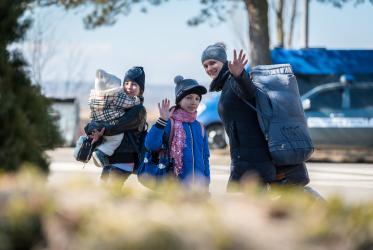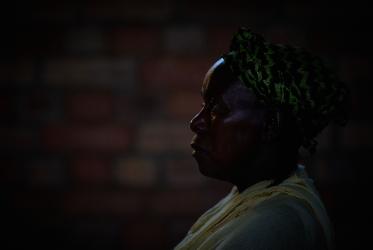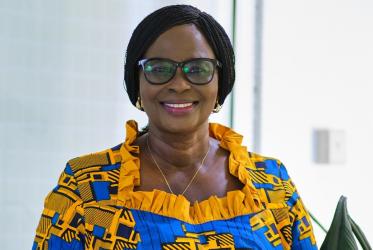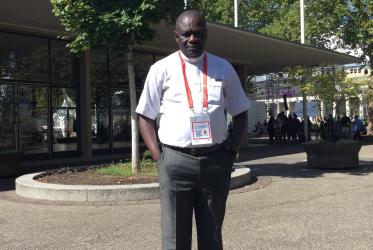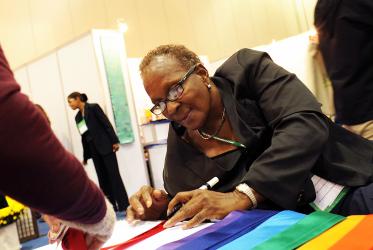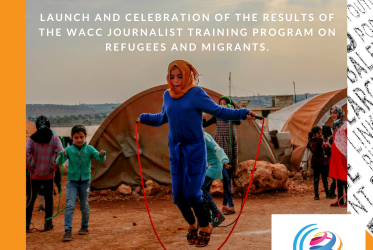Displaying 1 - 20 of 148
19 December 2023
WCC webinar explores decolonizing beauty
11 December 2023
Assembly workshop looked toward ending AIDS epidemic by 2030
19 September 2022
World mourns loss of Archbishop Desmond Tutu
30 December 2021

